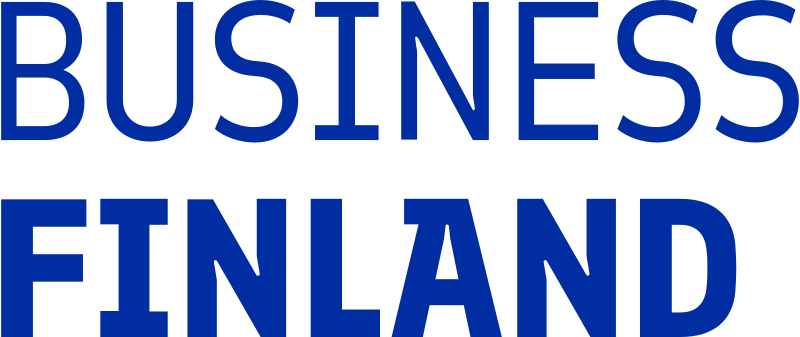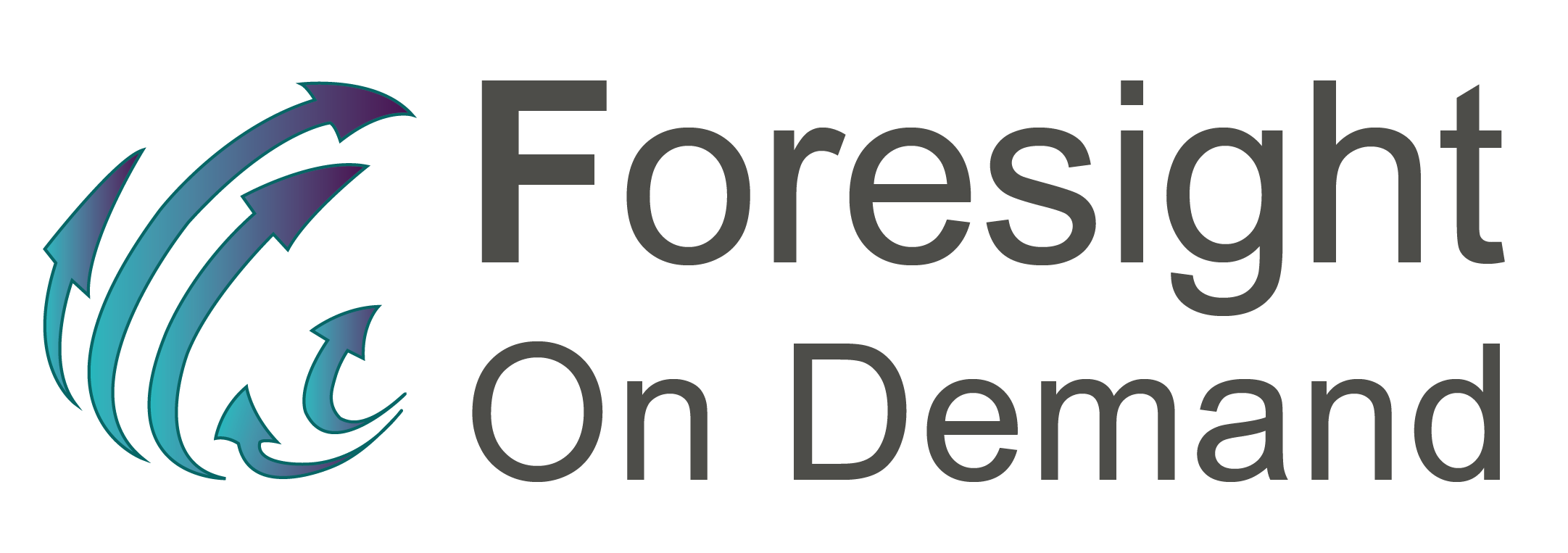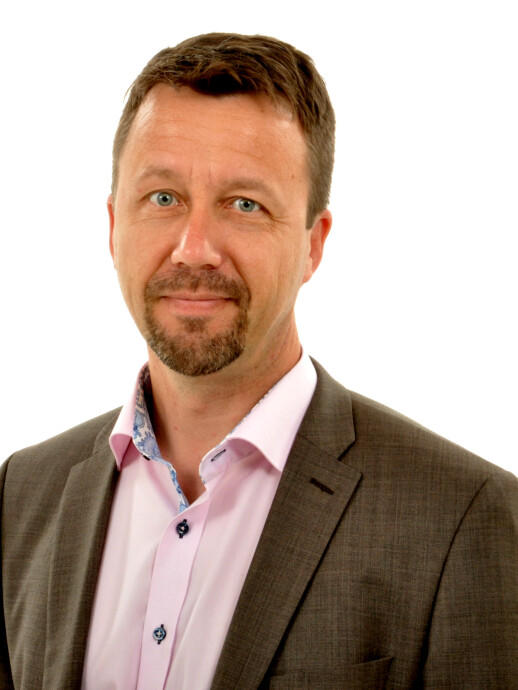Foresight is defined as organized, explicit work on the future that provides an understanding of alternative futures and strengthens decision-making. Often in the context of strategic planning, we miss out the opportunity to perceive surprises or new opportunities ahead, because our view on the future is too narrow. There is no one correct perspective on foresight. Foresight work requires several different perspectives and methods depending on the context. In the complex and rapidly changing world, the importance of foresight has grown steadily.
FFRC carries out foresight processes and research for a wide range of needs: to support societal decision-making, to support strategic planning and leadership in all kinds of organizations, and as a basis for scientific research. As foresight methods, we use future workshops, scenario and delphi processes, as well as various methods for identifying weak signals. We have executed foresight processes related e.g. to food, energy, technology, skills and competencies, housing and transport. In addition, we are constantly developing methods for futures research and foresight.
Ongoing Research and Development Projects:
Arctic Wisdom is a project funded by the Regional Council of Lapland. It is a next phase of Whenever you need extreme (WYNE) project carried out during 2021–2023.
Arctic wisdom will continue from where we left with WYNE (read a blog text about its results, in Finnish). This new 2-year-project is led by Leader Tunturi-Lappi and Tunturi-Lapin kehitys.
Project duration: 01.10.2024–30.09.2026
Funding: Total budget 422 900 €, of which University of Turku/FFRC's share is 261 465 €. Public funding (EU and Finnish government): 209 172 € and self-funding share: 52 293 €.
Further information: Hanna Lakkala, FFRC

BIODIFUL is an interdisciplinary research project funded by the Strategic Research Council within the Academy of Finland. It aims at creating a network of change agents who want to seed the urgently needed environmental transformation, and to equip them with knowhow, courage and faith – biodiversity respectful leadership.
Research team at Finland Futures Research Centre is working on the fifth work package that takes a deep look at the institutional structures that hinder or support the necessary sustainability transformation. Law, regulations and the political and economic guidance methods constitute the frames within which the individuals and organizations function: it is essential to understand the structural barriers of environmentally friendly action. It is even more important to find such means of overcoming them that support the radical change towards making our societies genuinely sustainable.
The project is carried out during 2021-2027.
Further information: Sari Puustinen, FFRC
The STRAIND project aims to reform Finland's regional industrial policy. The project will develop new tools for innovation and growth policy by combining research on innovation and industrial policy with research on strategic regional development policy.
The work is based on well-developed and internationally recognised methodologies in the fields of regional innovation policy and foresight, as well as on the research team's own methodological innovations.
The project is coordinated by the University of Vaasa and funded by Business Finland during 10/2025–9/2027.
Further information: Jari Kaivo-oja & Yrjö Myllylä

In this project, we bring novel insights to management studies by considering who are cosmopolitans and how does their life course emerge, how does cosmopolitan disposition affect entrepreneurial behaviour, how is a cosmopolitan identity constructed, and what is the relationship between language kills and a cosmopolitan disposition.
This is also a study on international mobility, as cosmopolitan disposition has been identified as a significant driver for voluntary and possibly continuous emigration. In this phenomenon-driven study, embedded in the globalized, virtualised and multicultural environment in which cosmopolitans live today, we provide a contemporary perspective to the discussions on culture, international mobility, entrepreneurship and identity.
The project partners:
- International Business, Turku School of Economics, University of Turku (coordinator)
- Finland Futures Research Centre, Turku School of Economics, University of Turku
- Faculty of Law, University of Turku
- Faculty of Social Sciences, Business & Economics, Åbo Akademi University
Further information: Toni Ahlqvist & Laura Pouru-Mikkola, FFRC
FORECO (Foresight in Ecosystems) is a multidisciplinary co-innovation project on strategic foresight practices in ecosystems and AI-assisted tools that support them. The project investigates how strategic foresight, carried out jointly by different actors in an ecosystem, should be practiced so that it produces real value for the entire ecosystem and its individual companies.
While foresight currently typically focuses on producing insight information that outlines future scenarios, FORECO goes two steps further and also examines ecosystem-level strategic decision-making and predictive market shaping based on foresight information. Artificial intelligence and data sharing infrastructures are harnessed efficiently and securely for both the joint collection of foresight information and the joint analysis and processing of information.
FORECO is based on three fundamental observations: 1. companies are increasingly using strategic foresight to benefit their own innovation and business operations, 2. companies often conduct business in an ecosystemic manner with several companies in the same supply chain, but 3. joint foresight is not practiced with these companies. FORECO aims for a significant national change in this last observation and thereby strengthens the ability of ecosystems to both meet future demand and create it in international markets.
The joint project funded by Business Finland involves large companies in their own industries (ABB, Kempower, Meyer Turku), which bring their own ecosystems, a coordinator company for several large ecosystems (Tamlink), and two companies focused on foresight artificial intelligence and data expertise (Fibres Online and HeadAI). The domestic research partners in the project are VTT, LUT-university, and the University of Turku, with VTT also acting as the coordinator of the joint project.
Further information: Tero Villman, Toni Ahlqvist, Elisa Aro & Tolga Karayel
The framework contract with the European Commission for "Foresight on Demand (FOD)" provides the necessary forward-looking knowledge for the preparation of Horizon Europe's main strategic programmes and supports various EU institutions in tackling major future challenges (e.g. the medium to long-term consequences of the COVID-19 pandemic).
The clients of FOD projects includes various directorates and services of the European Commission. These projects provide a variety of approaches to advise and enrich policy-making processes. In May 2024, the successful collaboration was extended for a further four years.
Finland Futures Research Centre is one of the fifteen core partners – renowned research and technology organisations as well as specialised foresight partners – that handle contracts together with five associated partner organisations and a global network of foresight experts.
The consortium is coordinated by Center for Innovation Systems & Policy at the AIT Austrian Institute of Technology.
Further information: Juha Kaskinen

FutureCraft project aims to foster entrepreneurial mindsets and enhance the capacity of ecosystem enablers while promoting futures literacy and global collaboration.
The project aspires to cultivate innovative thinking, provide effective guidance to entrepreneurs, and increase awareness of future trends and sustainability challenges. Ultimately, the goal is to drive economic growth by developing vibrant and sustainable entrepreneurial ecosystems, fostering prosperity and innovation.
The project is funded by EU program Erasmus+ during 12/2024–11/2026.
Project partners:
- Bilisim Vadisi, Türkiye (coordinator)
- Finland Futures Research Centre, University of Turku, Finland
- Foundation of Entrepreneurs in Bosnia and Herzegovina, Bosnia & Herzegovina
- TtB Youth Association, Norway
Further information: Juha Kaskinen & Tolga Karayel, FFRC

The University of Turku’s Futures Knowledge Distillery serves organisations whose goals are to develop their foresight skills and the ability to prepare for changes in the operating environment.
Our service is based on the Finland Futures Research Centre’s 30 years of experience in future, combined with the expertise of eight faculties of scientific research at the University of Turku.
On this basis, we offer practical solutions for consciously making futures. Foresight can be seen as the most effective way to prepare for uncertainty, identify opportunities and create desirable futures.
We serve our customers:
- through acquiring, analysing and building an understanding of future knowledge and information
- through the development of foresight skills
- through the development of continuous foresight activities that support organisation’s operations and strategy
- and by building an organisational foresight culture
Further information: Keijo Koskinen
The Futures Literacy for Business Renewal [FULIBRE] research group focuses on the application of the concept future literacy in business renewal and development.
Futures Literacy helps actors challenge unquestioned assumptions, widen perception of change, and identify new opportunities. The main goal is to understand how companies in Meyer Turku value network grow their capabilities to support business renewal in response to economic disruptions and climate change.
The research group and companies will co-design and test practical, methods for developing future literacy and applying this capability to act more innovatively and open-mindedly in changing business areas.
The research group members are Professor, D.Sc, Markku Wilenius, (PI) D.Sc. Leena Jokinen, Doctoral Researcher Nicolas Balcom Raleigh and Doctoral Researcher Martyn Richards. The research scope is 18 months during 1.1.2024-31.7.2025.
Further information: Leena Jokinen
SF4Sport is a 36-month international joint project with partners from leading sports universities, vocational training institutions, innovation networks, and deep tech and AI-focused companies from the sport sector across Europe.
By integrating deep tech and AI competencies, strategic foresight, and practical work-based learning, SF4Sport will empower sports professionals, educators, and students to use AI for performance optimisation, fan engagement, operational efficiency, and future-proofing.
Key activities include:
- Conducting in-depth research on AI trends and challenges in sports,
- Developing foresight-driven roadmaps for sports innovation in Europe,
- Co-creating and piloting AI-focused curricula for higher education and vocational training, and
- Organising collaborative hackathons and workshops to prototype real-world solutions.
Aligned with European priorities (e.g., Digital Education Action Plan, European Skills Agenda), the project supports digital transformation, inclusivity, and sustainability. SF4Sport aims to create a robust, future-ready sports ecosystem in Europe – one that not only meets current industry needs but also anticipates and navigates emerging opportunities and disruptions by promoting ongoing collaboration among educational institutions, academia, and enterprises.
This Erasmus+ funded project is coordinated by Collective Innovation AS (Norway) with several partners from Croatia, Denmark, Estonia, Finland, Germany, Italy, Lithuania, Norway, Poland, Slovenia, Spain and Türkiye.
Project duration: 1.12.2025–30.11.2028
Further information: Tero Villman, Toni Ahlqvist, Mikkel Stein Knudsen & Tolga Karayel

MeTCoS and MeTCoS+ projects focuses on personnel strategic competences as an essential element of building the carbon neutral ships and shipyards.
The objective is to produce a dynamic model for competence anticipation and coordination of long-term human resource planning for the Meyer Turku Ltd – one of the world’s largest and most modern shipyards.
The project is part of the Meyer Turku’s NECoLEAP program funded by Business Finland.
Further information: Leena Jokinen



